Several voices from human rights groups condemn the killing at the Melilla fence, where about 40 people have died, and demand responsibility and reparation for the victims.
"Truth, justice and reparation" is the call shared by thousands of people who have gathered in mobilizations across the country to protest and express their outrage against the murder of about forty people trying to cross the fence in Melilla. It is also the call of human rights organizations and activists, who have condemned the massacre - one more - perpetrated on the Southern Border and demanded that migration policies to death stopped and that human rights be protected.
The images of the massacre, released by the Moroccan Human Rights Association, speak for themselves. Dozens of bodies piled up in front of the fearless gaze of their assailants, beatings and kicks to helpless people lying on the ground with their hands tied, people agonizing without receiving any assistance. All this is another example of the ferocity and inhuman and vexatious treatment suffered by people in transit, which this time has ended in tragedy in Melilla.
These scenes, which have caused commotion and rejection everywhere, on the other hand, have been applauded by the Spanish Government, which has described as "well resolved" the action of the Moroccan police and Spanish police forces in stopping the attempt to cross the border into Melilla. These words have multiplied the indignation towards the role of the Spanish Executive in all this.
Entities claim that killing does not go unpunished
On Friday, June 24, about two thousand people tried to cross the border to enter Spain and only about one hundred and fifty achieved their goal. The fence gave way and hundreds of people fell to the ground and were massacred by Moroccan police. The balance is frightening: at least thirty-seven people have died, according to various NGOs and human rights associations; twenty-three, according to the Moroccan Government. Aside from the hundreds injured. Most of the victims were of sub-Saharan origin.
"What has happened in Melilla has been a massacre of unjustifiable brutality, now the most important thing is that responsibilities are cleared, that the deaths of these people are investigated and, above all, that there is reparation for families." , assures Xarxanet Maria Guillamet, a member of Solidarity Wheels, an association that works for the defense and promotion of human rights on the Southern Border and has a presence in Melilla.
Several local NGOs have reported that Moroccan authorities are properly preparing to bury the bodies of people killed in the city of Nador, without the thorough and independent investigation that many human rights associations have demanded.
Guillamet confirms this fact and explains that there is a great “opacity and an information blockade” about what has happened at the border; in fact, members of Solidarity Wheels have tried to approach the area, but have not let them. The same goes for the activists in Nador, where they have encountered many difficulties in communicating. "We demand the identification and repatriation of the bodies, and above all that families be informed," they claim.
A consequence of "death migration policies"
For Iolanda Maurici, of the Coordinadora Obrim Fronteres, the Melilla massacre is not accidental, on the contrary, they are planned and executed events that respond to the migration policies of the European Union (EU) and the Spanish State that we have to denounce”.
In the same vein, Jordi Armadans, director of Fundipau, considers that these are “very serious facts” that show the hypocrisy of European and Spanish migration policies: “We have become accustomed to border management forgetting that we are talking about people; therefore, talking about solidarity and reception of refugees while at the same time beating, mistreating and assaulting people who try to cross a border in order to survive is a conceptual fraud at all levels”, he said.
Similarly, Carles Darder, spokesman for Stop Mare Mortum, focuses on European policies to manage migratory flows and notes that “outsourcing borders to countries that do not respect human rights is to ensure the play: the crime is outside our borders, but we subsidize it”.
At the same time, he believes that the scenes experienced on the border of Melilla are still a form of persuasion to those who want to try again. In this sense, it rains on wet: “We have seen Turkish police puncture boats, we have seen Frontex on the coasts of Sicily intimidate small boats passing close by, we have recorded the Spanish police throwing smoke canisters at people leaving swimming from the beach of El Tarajal, and now we see and suffer with them, the loss of almost forty people treated as cattle.
Likewise, Iolanda Maurici wants to focus, once again, on the cynicism of migration policies that kill "people fleeing wars, famine and other misfortunes such as climate change" and the hypocrisy she has put on the table is the management of the reception process for people who have left Ukraine: "Some are welcomed, while others are massacred," he insists.
The responsibility of the Spanish Government
Beyond the direct guilt of the Moroccan authorities in the massacre, we must also keep our eyes on the role of the Spanish Government, which, for human rights organizations, is equally guilty of what has happened. “The Spanish Executive is totally responsible, it is very easy to have assassins outsourcing borders; so, when those who kill people are others, they wash their hands, ”says Maria Guillamet.
In these terms, LaFede.cat expresses itself in the statement it has made public, in which it rejects police violence and strategies to tackle immigration by the Spanish Government, while demanding “political responsibilities for these murders” in the 'Sanchez's executive.
All this, in large part, is a consequence of leaving the control of migratory flows in the hands of authoritarian countries. For Jordi Armadans, it is easy to understand: "Morocco does what Spain wants it to do, but it does not dare to do it directly, it is that simple." A way of acting that, for Iolanda Maurici, means "doing the work on the far right".
Pedro Sánchez’s reaction, praising the criminal actions of the police forces at the Melilla fence, is part of the new stage of the relationship between Spain and Morocco after the historic Spanish turn with respect to Western Sahara. Last April, Sánchez's executive supported Morocco's position and legitimized the Moroccan occupation of the former Spanish colony. In fact, the other day was the first attempt to cross the border since the establishment of the new framework of understanding between the two countries.
"Since the pact for Western Sahara, police pressure in the area has increased greatly, as has the military presence, and the dismantling of settlements has also intensified brutally," said Maria Guillamet of Solidarity Wheels. Darder also points in this direction and believes that “strengthening ties with Morocco is dressed up as border control or as development aid, when in reality it is yielding to blackmail by a regime that uses these people as a currency; we are responsible for it, ”he says.
Therefore, the spokesman for Stop Mare Mortum calls for "brave governments that see migratory flows as an opportunity, not as a threat", recalls that we have the tools to do so and calls for pedagogy to mature a society too accustomed to the simplicity of populist slogans”.
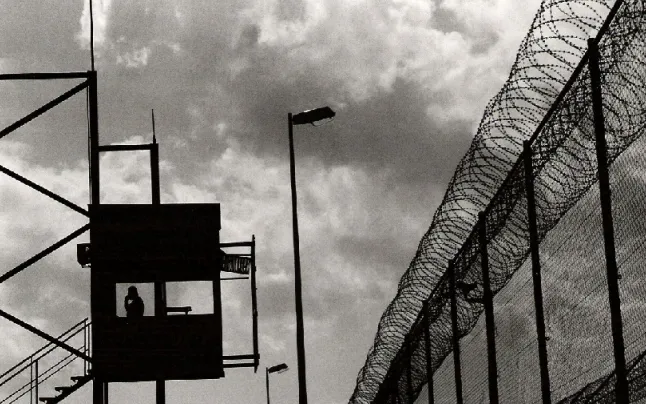
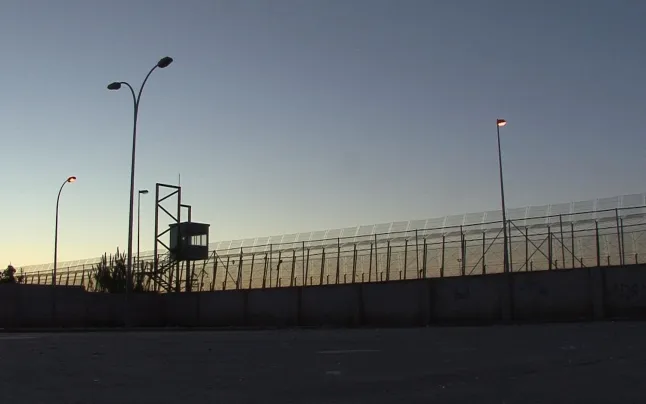
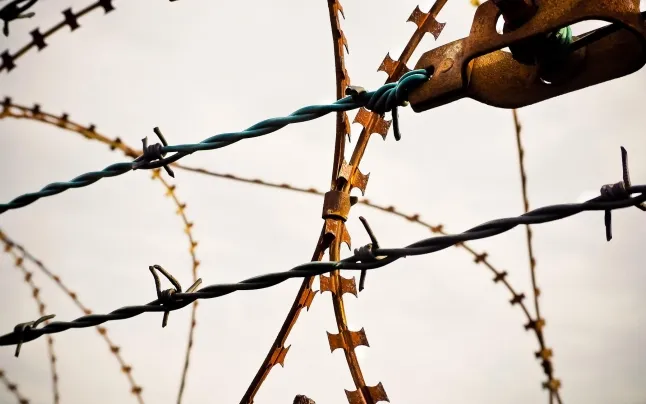


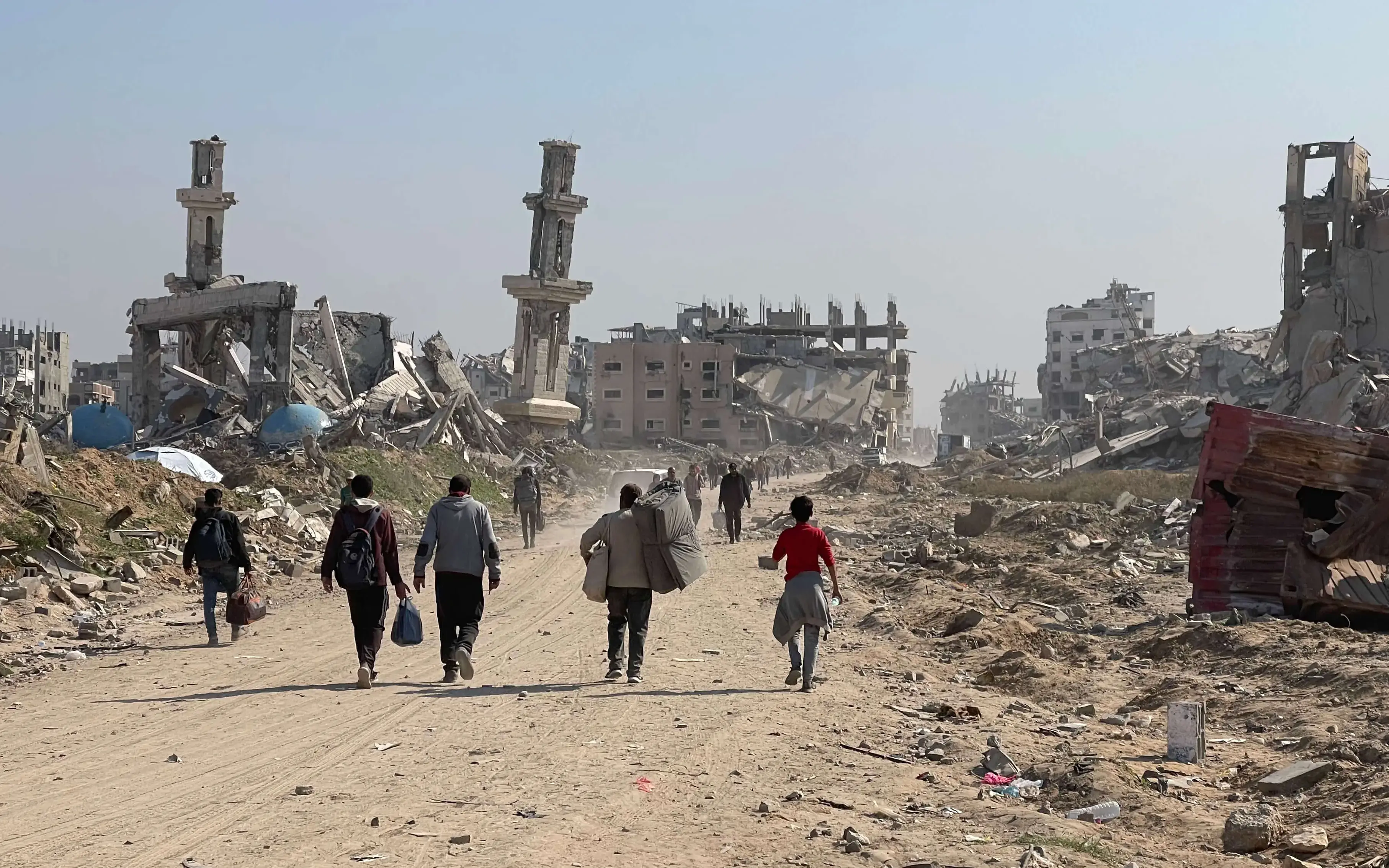


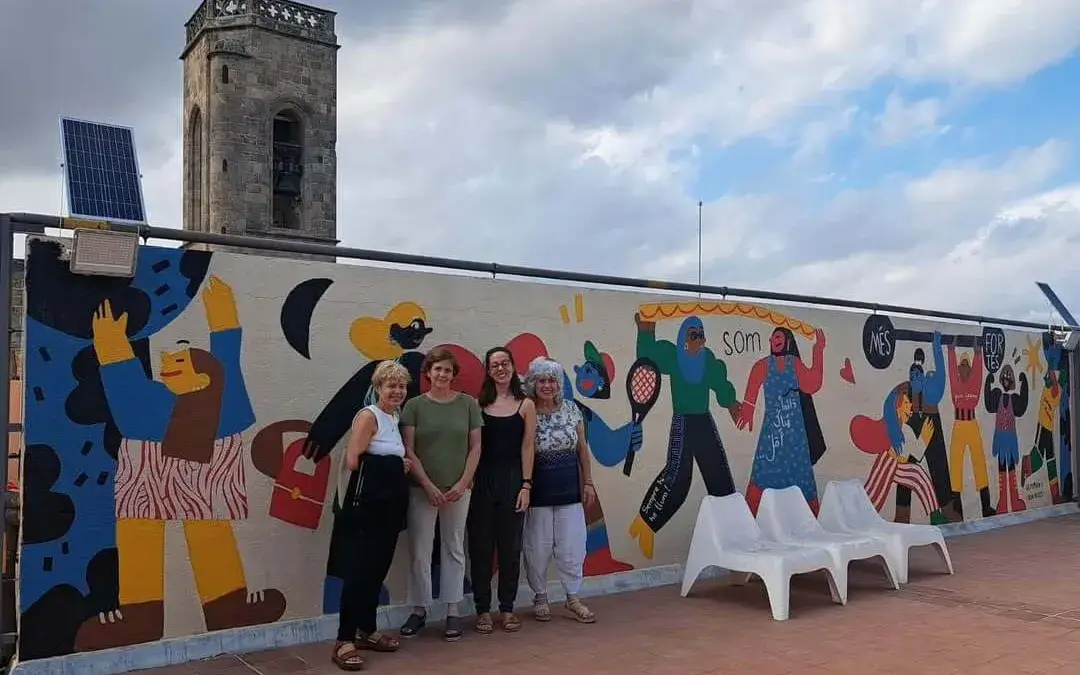
Add new comment